Sir William Mark Tully, a famous writer, novelist and the former Bureau Chief of BBC, New Delhi, has written several books on and about India. It would be safe to call Tully an Indian writer with English blood. Mark Tully was born on October 24, 1935, in Tollygunge (Kolkata), India to an English businessman.
Despite spending his first decade in India and studying at a British school in Darjeeling, he was not allowed to socialise with Indian people or know much about the Indian culture. Tully was eventually sent to England for higher studies. This is one part of the story. After several ups and downs in his personal life, he moved back to India in 1965 as BBC’s India correspondent. That’s how his love affair with India began.
Tully witnessed all major events that happened in the country including the Indo-Pak conflicts, Babri demolition, assassination of former PM Rajiv Gandhi, Bhopal gas tragedy, Anti-Sikh riots after Operation Blue Star and subsequent assassination of Indira Gandhi. Tully visited lengths and breadths of the country to get an understanding of the diversities of the country and the complexions that come with it. He was also awarded the prestigious Padma Bhushan for his work in 2005.
Mark Tully has penned numerous bestselling books about India and we’ve compiled a list of 5 of his best books that everyone should read.
No Full Stops in India
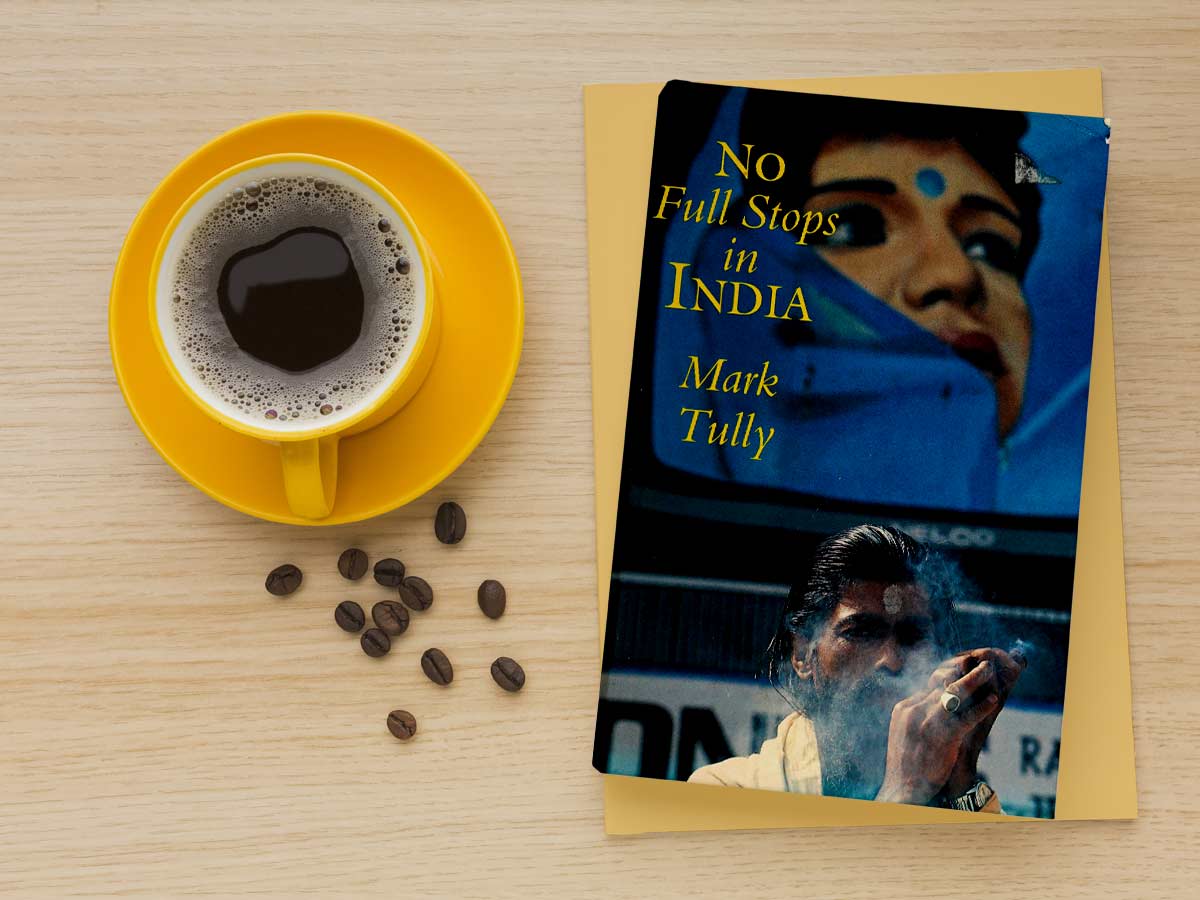
Mark Tully attempts to draw a line between the elite class and the common people at the grass-root level who are the foundation of this civilisation. He explores Kolkata, the Kumbh Mela in Allahabad and the religious and spiritual practices that take place during the biggest religious gathering in the world. Tully highlights how an elite Indian is cut-off from his/her roots and local traditions, a fact that is more visible in today’s world. The book was released in December 1992 and it is a collection of 10 essays covering different aspects of India.
Also read, Classic Books that everyone should read!
Mrs Gandhi’s Last Battle
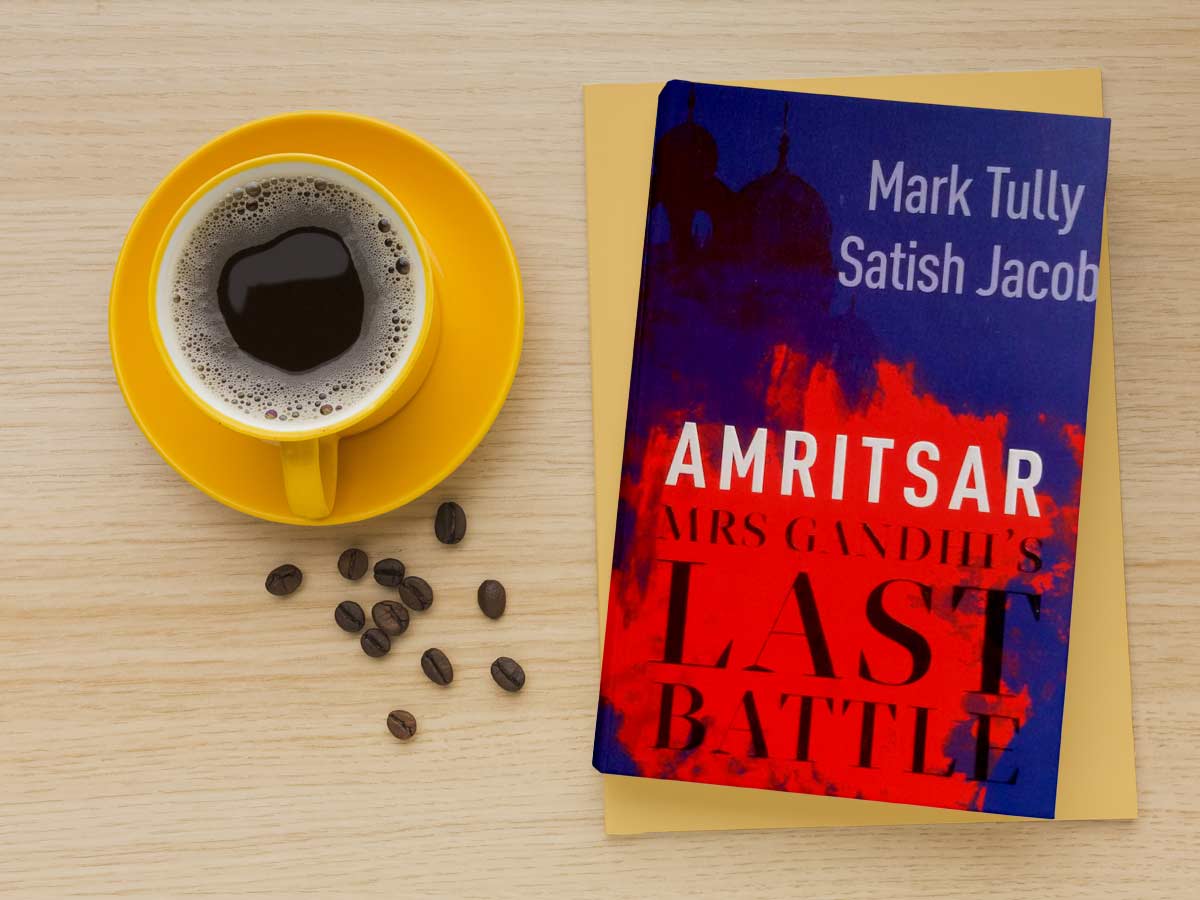
The title says it all. The book written in 1985 covers the rise of Sikh extremism fueled by political agenda and vested interests. It narrates the story of the confrontation of the Indian army with the extremists at the holy Golden Temple, that turned a huge group of people against Mrs Indira Gandhi, the then Prime Minister. The book co-authored by Satish Jacob explains the emergence of Bhindranwale and the indecisive approach of Mrs Gandhi that led to her unfortunate death at the hand of extremist emotions. The book narrates the eye witness account of several incidents.
The Heart of India
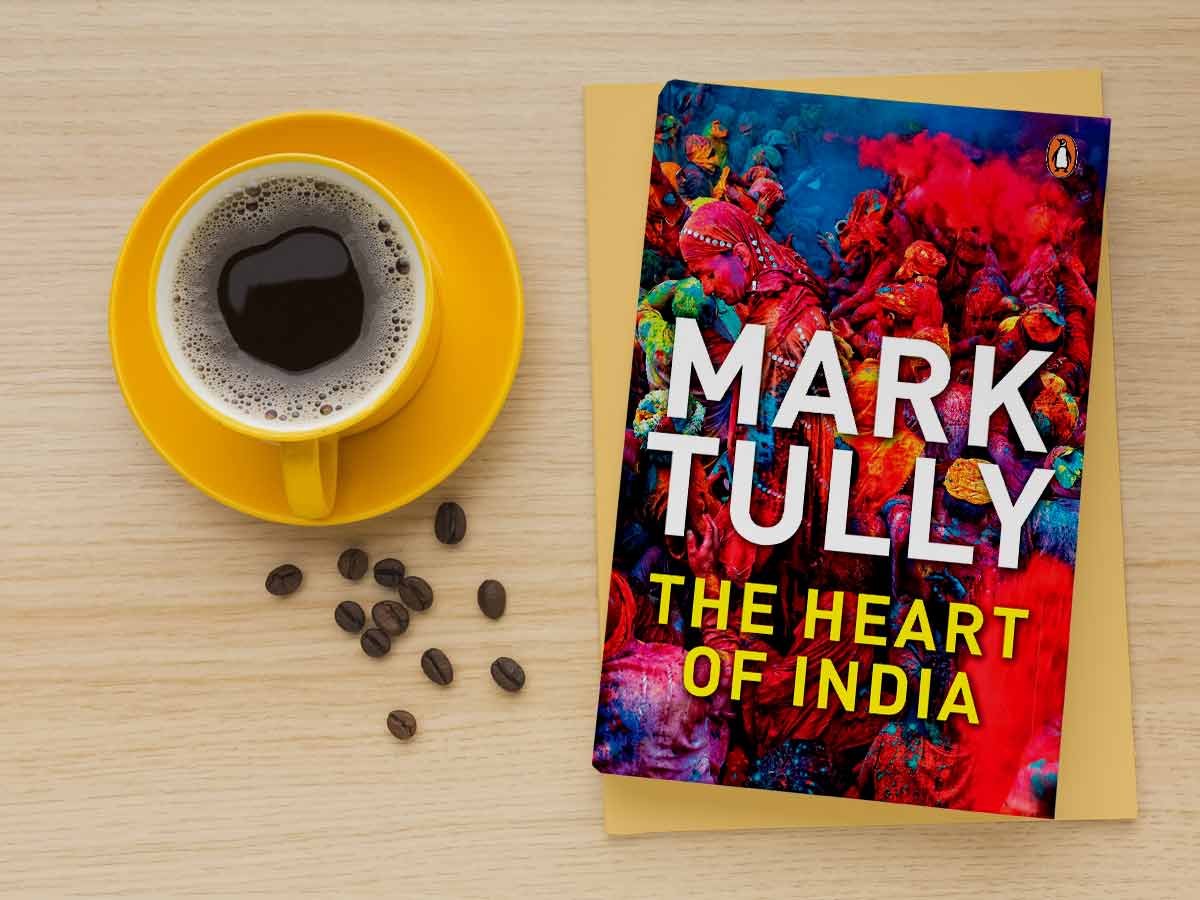
Mark Tully uses his experience of 20 years to pen down 5 moving stories from Uttar Pradesh. The extraordinary stories narrate the tale of different lives. The first one is the story of a barren woman who miraculously conceived after visiting a holy man. Another one is the story of a son’s plan to take revenge from his father’s murderer. It is a story of a daughter who is persuaded by her friends to oppose arranged marriage and the aftermath. The book also tells the story of a wife who takes the centre stage by ending purdah to run her home after her husband finds it hard to break the boundary of the cast and go into business.
India’s Unending Journey
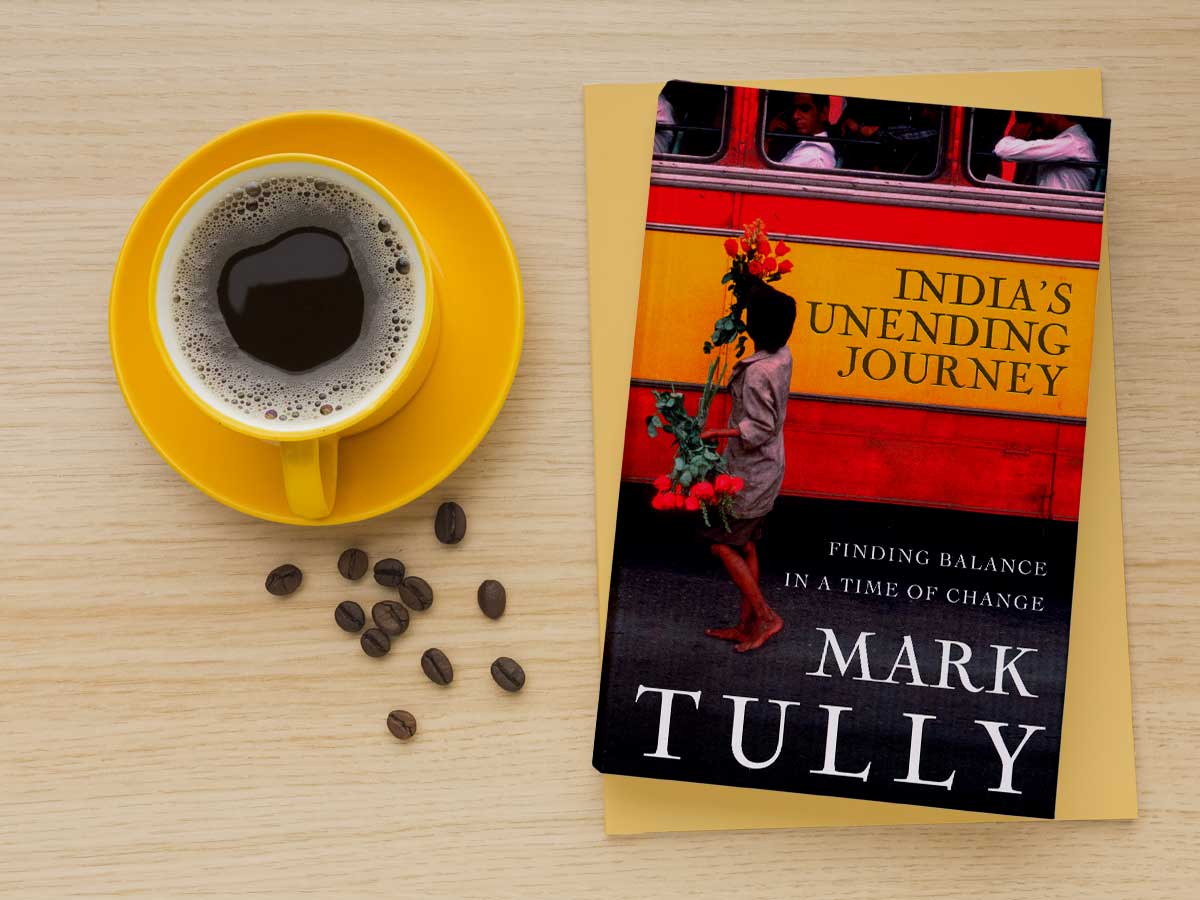
The book published in 2007 is special not just for the readers but for Tully himself as well. Mark Tully shares the story of his birth in India, his experience with the priesthood, his career as a broadcaster and his obsession with India. Mark underlines the facts that hint that India will emerge as one of the most influential nations. He almost asserts India’s inevitable rise while throwing light on the lessons he learned from India. He explains how India’s journey is the journey of everyone.
From Raj to Rajiv: 40 Years of Indian Independence
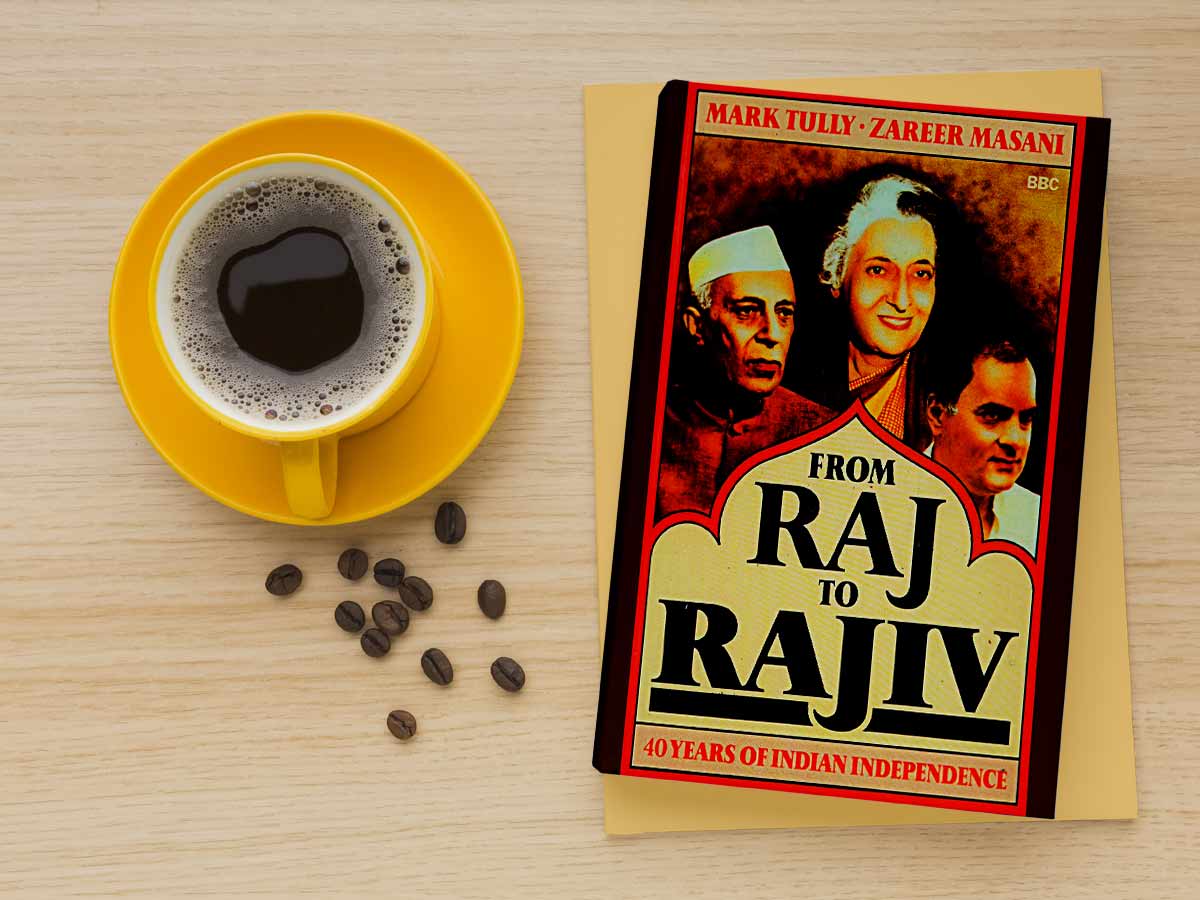
Can a title be more descriptive than this one? The title is self-explanatory and so is the book. The book is based on a five-part documentary series aired on BBC’s Radio 4. The documentary was released at a time when India was celebrating the 40th year of its independence. Tully has attempted to put together 40 years of India’s progress and issues in the society in less than 174 pages. Several notable personalities including Mr. Nehru’s secretary was interviewed to track India’s progress after its independence. It progresses to the Indira-era and finally to the Rajiv era. It narrates stories of the officials and the politicians anchoring the country’s progress.




























